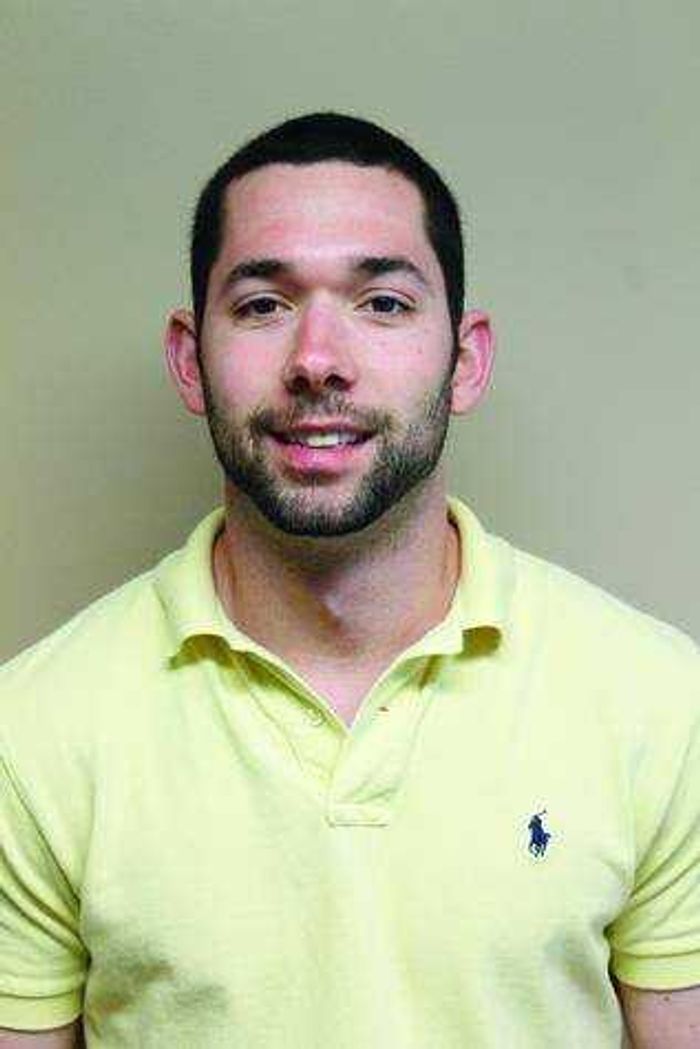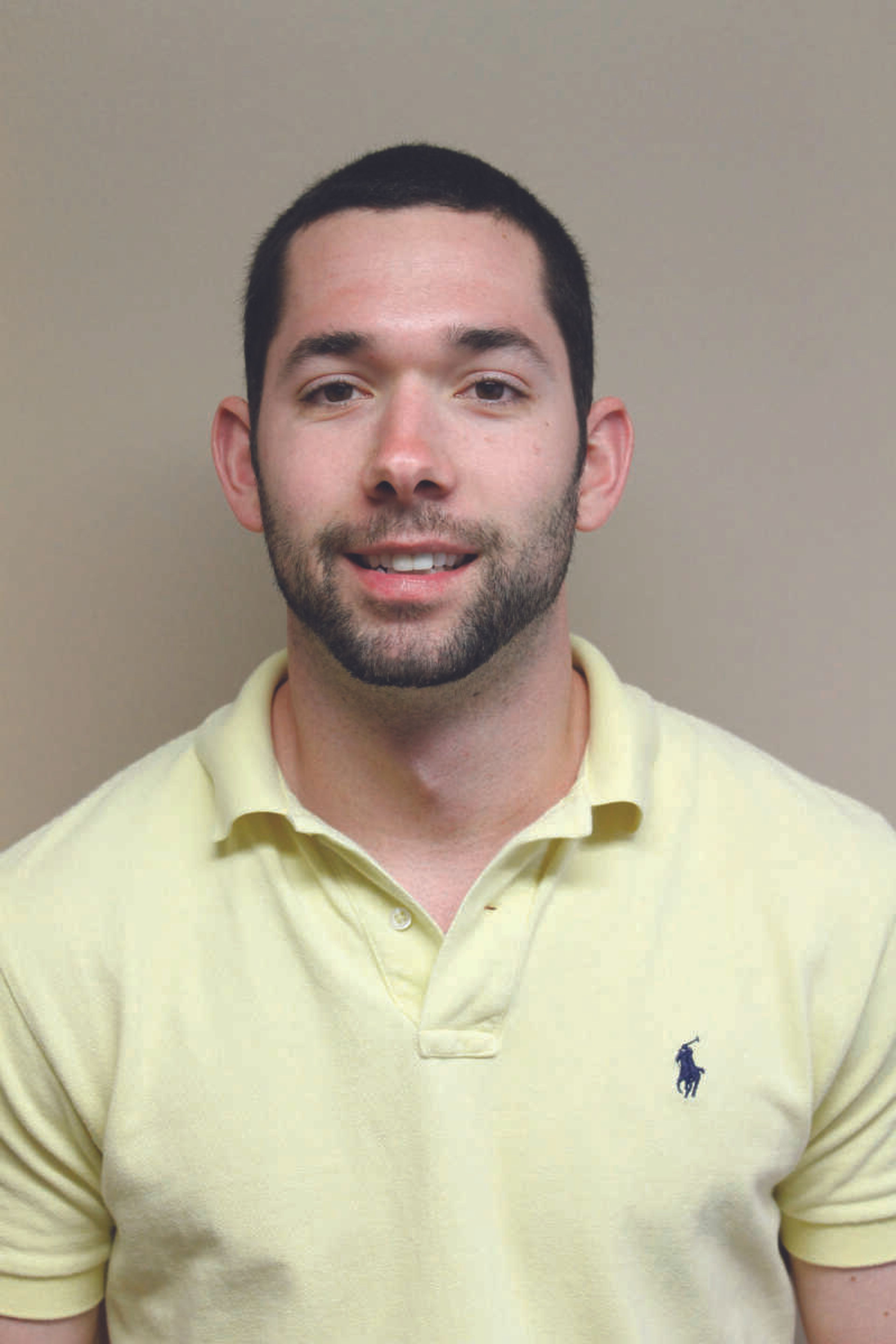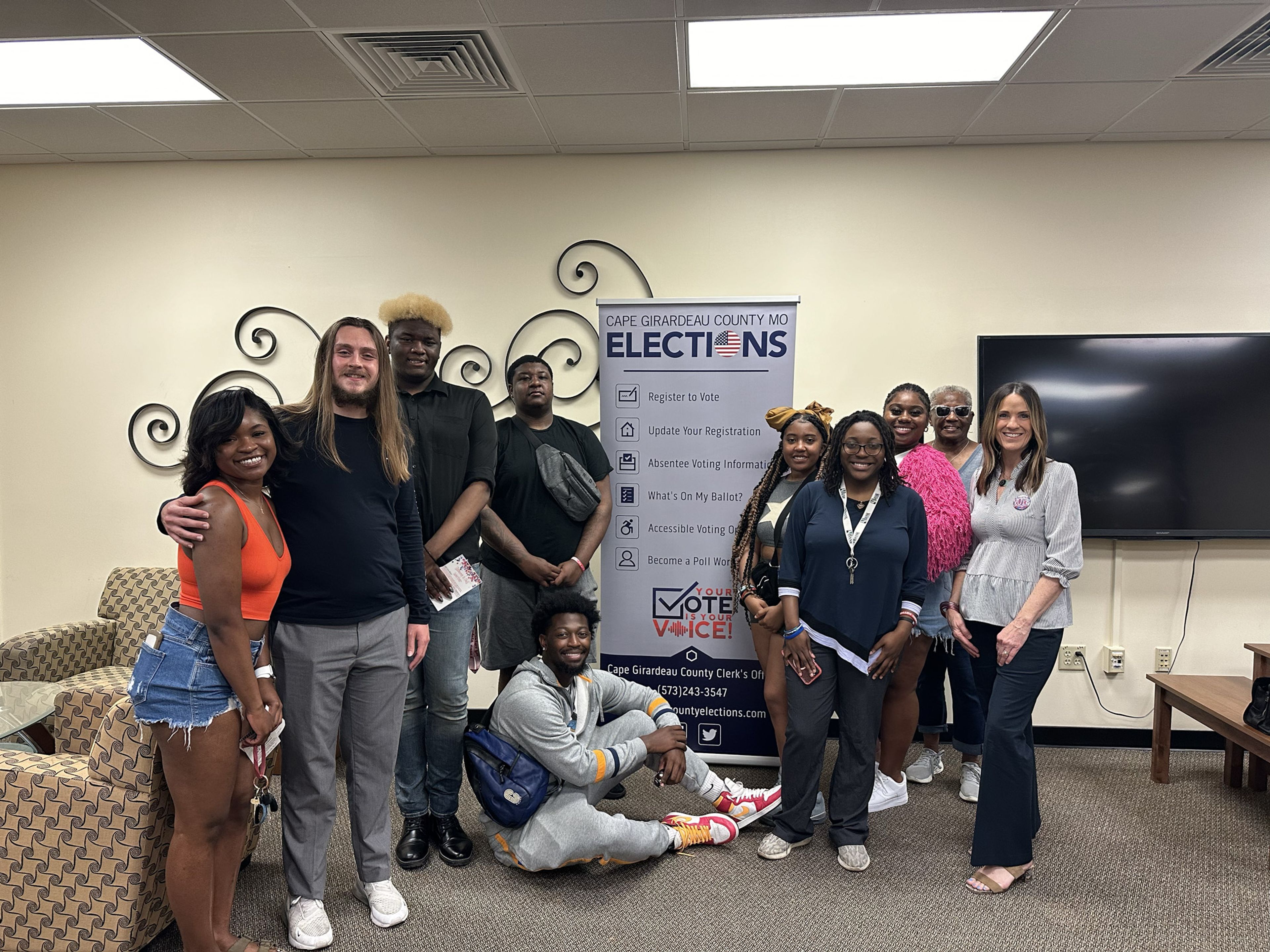Kevin Magnan is the student representative for the Board of Regents at Southeast Missouri State University. Magnan earned a Bachelor of Science degree in criminal justice with an emphasis in law enforcement and a double minor in management and human resource management. He now is working toward a master's degree in criminal justice and is working as a graduate assistant in the criminal justice department. Magnan's two-year term as the student representative will expire in 2014.
Q: What do you do as the student representative for the Board of Regents?
A: I am ideally the student presence on the Board of Regents to help the board make the best decisions to impact the student body. It's pretty much my overall duty is to advise the board on how students would like the board to decide and consider things or how to look at things from student perspectives.

Q: How do you keep up with student opinion and representing the students?
A: Well I go to Student Government [Association], usually during the week. Ideally student government is the epitome of the student body via senators and via the executives of student government. And then being a graduate student, I've been here for five years, so I think I have a pretty good understanding of student desires. I've been a student, I've lived on campus, I've been a student worker, now I teach as a graduate student, so I've had all these roles that helped me get a basis for a true student consensus, and also I created a Facebook profile for discussion and I'm trying to get publicized as much as possible so that students have a means to access and speak with me easily. Hopefully if you search "student regent at SEMO" on Facebook, it's things like that to get myself out there. And whenever I'm on campus if I know of something going on I'll try to just talk to people I know or students meeting to see if they have any kind of opinions or anything that I should hear.
Q: How is that position chosen?
A: That's a great question because actually we're going to be starting that process here coming in August.
I am, starting in August, I'll be looking for my successor. The position is chosen over a few months. It takes a little while to get [everything together] but it starts off with the interview process from the university. There's an interview panel that interviews the candidates and then the panel chooses three candidates and sends them to the board and the president.
The president meets with the candidates and usually the candidates meet in front of the board during open session and introduce themselves. Then once that's all completed then the three names get sent to Jefferson City where the governor's aides will interview each of the candidates either by phone or in person.
When those interviews are completed, the governor's aides bring the three candidates to the governor and then the governor makes the ultimate decision. Then once he makes the decision, about a month or so later, the candidate will go to Jefferson City either again for the second time because of the first interview or however it worked and then meet with the Senate Hearing Committee. The Senate Hearing Committee will approve or not approve, but usually they approve the candidate chosen by the governor. Then it goes to general session for all the appointments of the governor, then its a formality at that point, it gets passed. Then by state standards that candidate is officially a member of the board, and they are sworn in at the next meeting.
Q: Can you tell us about the meeting you had with representatives from other schools that you attended April 6?
A: It was our second meeting and what this group is, is the student regents, governors and curators, each university kind of have their own. Some call them regents, some call them curators and some call them governors, but they're all the same role of the student representative to their respective boards in their universities.
This was the second meeting. We met once last semester and we met this semester in Columbia, Mo., and I want to say nine of us, and then if possible we each brought our own student government president or student government representative to share some more insight. But that was a conference and we all meet and kind of discuss the activities and the things going on on our university so whether it be new construction and the new bookstore or textbook rental or fees. For the university some things they were talking about were no smoking on campus, ... looking at student retention, the new guidelines by the governor for higher education being partially funded by performance-based funding. So we all meet and discuss a lot of other things. We bring our own perspectives to the table and our own experiences. We usually have a guest speaker and this semester we had the board commissioner come and speak with us for a little while. So overall it's very informational, it gives all of us a chance to put our heads together and try to better all our universities.
Q: Why did you want this position?
A: To begin with, the university has done a lot for me academically and leadership wise, and socially as well. I believe that I've really grown in this university as a person in all the areas I mentioned. I felt like, I talked about all the areas I'd been in. I felt like I had a very good understanding of the university, so I thought I could be very successful in the position having all those different backgrounds in the university. I wanted to try to make some improvements, make a lasting memory for me being on the board. I learned a lot about the university, so I wanted to get that expertise knowledge to engage working with the board and doing things like approving the bookstore and approving the new River Campus housing, things like that where I can look back at the university and be like "I was on the board when that happened," a proud piece of memory from the university.





